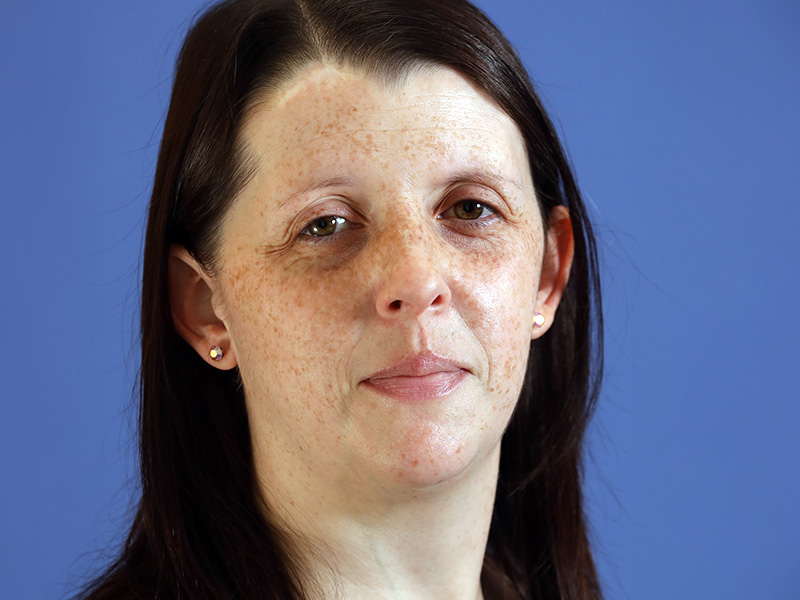Gillian Fyfe looks at how social tariffs can help people get online
You may have read this column a few weeks ago where one of my colleagues outlined the great work and partnerships we are taking part in to support people to get online and be digitally included.
This is crucial work on the ground as around 10% of people in Scotland are unable to access the internet. Being digitally excluded can have many negative repercussions for people across various aspects of their lives, whether that be maintaining their social security income, looking for work, making health-care appointments or just keeping in touch with loved ones. Being digitally excluded can cost people in many different ways.
There are a number of barriers to digital inclusion including poor connectivity and infrastructure issues and a lack of skills/confidence, and these need to be addressed if we’re to improve the situation. But there’s no doubt that one of the main barriers to getting online is of course cost. And one of the best ways to tackle this is to ensure that mobile and broadband contracts are affordable for everyone in the first place - including those on lower incomes.
This is where social tariffs come in. These are affordable tariffs offered by a number of telecoms providers across the UK for people claiming Universal Credit, Pension Credit and some other social security benefits. Sometimes telecoms providers brand them as ‘essential’ or ‘basic’ broadband - and essential is exactly what they are.
Although it’s great that these tariffs exist, the numbers of people accessing them could be higher, and this is where Citizens Advice Scotland and our network of CABs come in.
For the next six months or so we’ll be running a ‘Get Connected’ campaign. Through this campaign CABs up and down Scotland will be encouraging greater take-up of these affordable tariffs and working with local partners to raise awareness of them. We hope the campaign is a success and helps people across Scotland get and stay online.
It’s essential this message gets out there about these tariffs: what they are, which companies offer them, who can access them, and how to do so.
But in addition, we at CAS also think telecoms providers should go further and offer social tariffs not just to those receiving certain benefits but also to other vulnerable groups, whether that be people who have experienced domestic abuse, those leaving the care system or others. Many more people could benefit from social tariffs beyond those who are currently eligible for them. We hope telecoms providers take note and expand their criteria so that more people are able to access these tariffs and can stay connected.
In the meantime, if you or someone you know might be eligible and could benefit from a social tariff, check with your current provider to see if they offer one. If they don’t, you could consider switching to one who does. If you’re not confident about doing any of this, then reach out to your local CAB for support, as they will be able and willing to help.
And remember that Citizens Advice services are free, confidential and impartial. We never judge, we just help.
Gillian Fyfe is head of the Strong Communities team at Citizens Advice Scotland.
This column was first published in the Herald.







